Besides Western medicine treatments, thread implantation, a method combining traditional acupuncture and modern techniques, is being considered as an effective, sustainable and low-side-effect support solution.
CLEAR NOSE FROM THE FIRST THREAD IMPLANTATION
At the Da Nang Traditional Medicine Hospital, many patients with chronic rhinitis have chosen the thread implantation method to improve their condition. Ms. TTTH (25 years old, in Dai Loc, Quang Nam) said she had suffered from allergic rhinitis for more than 10 years. Ms. H. sneezed continuously, had a runny nose, stuffy nose, pain in the forehead and difficulty breathing, especially worse in the evening, or when the weather suddenly changed.
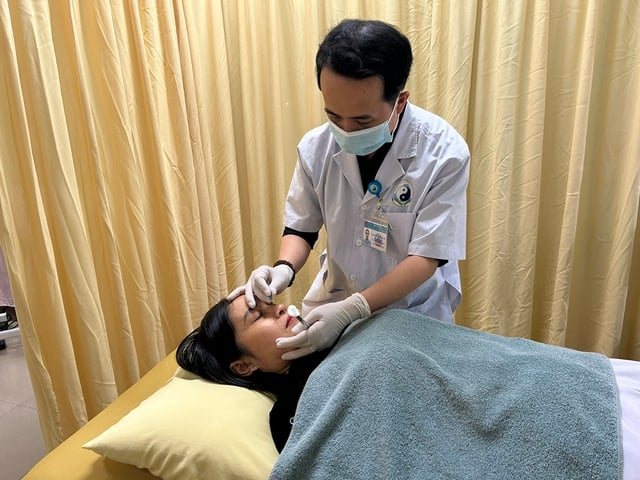
A patient with chronic rhinitis chose the thread implantation method for treatment, at the Da Nang Traditional Medicine Hospital
PHOTO: AN DY
At the hospital, when diagnosed with allergic rhinitis, deviated septum and right nasal turbinate edema, Ms. H. was assigned to undergo acupuncture treatment. According to specialist 1 Nguyen Cong Ly, Head of Clinic 2, Da Nang Traditional Medicine Hospital, the patient was implanted with acupuncture at the following acupoints: Yingxiang, Yintang, Hegu, Quchi, Fengchi, Zusanli, Phedu, Caohuangdu, Xuehai, Fenglong... The purpose is to fight inflammation, reduce edema, reduce allergies, improve blood circulation, drain the nose and sinuses, improve congestion, and increase resistance.
"My nose cleared up right after the first implant, and my symptoms started to improve, such as less nasal discharge, less forehead pain, and less sneezing. After the second implant, my stuffy nose, shortness of breath, and headaches almost disappeared, making me feel significantly better," said Ms. H.
Another case is patient LNAD (44 years old, in Da Nang) who has been suffering from congenital frontal sinusitis, ethmoid sinusitis, allergic rhinitis... for more than 40 years. The doctor prescribed the patient a course of 3 thread implantation sessions (each session was 15 days apart) to increase effectiveness. Ms. D. said that after each thread implantation session, the symptoms were significantly reduced, such as less sensitivity to weather and strange smells, and clearer breathing. Ms. D. was also instructed to combine a balanced diet, exercise outdoors, and keep her body warm to support the effective treatment process.
INCREASE BLOOD CIRCULATION, REDUCE RESPIRATORY TRACT CONTRASTINATION
Thread implantation (also known as thread burial) is a technique of inserting absorbable threads into acupuncture points to maintain a long-term stimulating effect, helping to increase blood circulation, regulate immunity and reduce inflammation. Compared to traditional acupuncture, the effects of thread implantation last longer, usually 10 - 14 days.
Regarding the mechanism of action, modern medicine has noted that acupuncture helps increase local blood circulation, reduce respiratory spasms and regulate immunity. Meanwhile, according to traditional medicine, this is a method of strengthening the body and eliminating evil, strengthening the body's energy to repel wind, cold and dampness, the main cause of the disease.
Doctor Nguyen Cong Ly said that the acupuncture formula is indicated depending on the disease, the severity of symptoms and the patient's constitution. Although it is a safe method, acupuncture can still cause some complications if performed incorrectly or at a substandard facility.
"Therefore, patients need to choose a licensed medical facility, a doctor with expertise in traditional medicine and thread implantation techniques. The thread implantation process must ensure sterility, use quality thread and perform the correct technique," Dr. Ly advised.
In addition to thread implantation, patients need to follow health care principles such as: keeping the head, face and neck warm; avoiding contact with dust; cleaning the nose daily with saline; limiting spicy, hot and cold foods; supplementing foods with natural anti-inflammatory properties such as ginger, garlic, honey; increasing physical exercise.
ALLERGIC RHINITIS INFECTION RATE IN VIETNAM ACCOUNTS FOR MORE THAN 20% OF THE POPULATION
Specialist Doctor 2 Nguyen Van Anh, Director of Da Nang Traditional Medicine Hospital, shared data from the Ministry of Health and epidemiological studies, showing that the rate of allergic rhinitis in Vietnam has been increasing significantly in recent years, accounting for more than 20% of the population, in the context of increasingly complex problems of pollution, fine dust, climate change, etc. "The number of patients in Da Nang and the Central region coming to the hospital for examination and treatment of respiratory diseases and rhinitis is increasing. More and more patients are choosing thread implantation to treat chronic rhinitis," said Dr. Anh.
According to traditional medicine experts, acupuncture treatment for allergic rhinitis is a worthy option in conservative treatment methods, especially for patients with chronic allergic rhinitis that is difficult to control with Western medicine. However, the effectiveness and safety of this method depends largely on the doctor's skills and the patient's active cooperation in care, lifestyle adjustment, nutrition and living environment.
Source: https://thanhnien.vn/cay-chi-dieu-tri-viem-mui-di-ung-185250421174448487.htm




![[Photo] The parade took to the streets, walking among the arms of tens of thousands of people.](https://vstatic.vietnam.vn/vietnam/resource/IMAGE/2025/4/30/180ec64521094c87bdb5a983ff1a30a4)
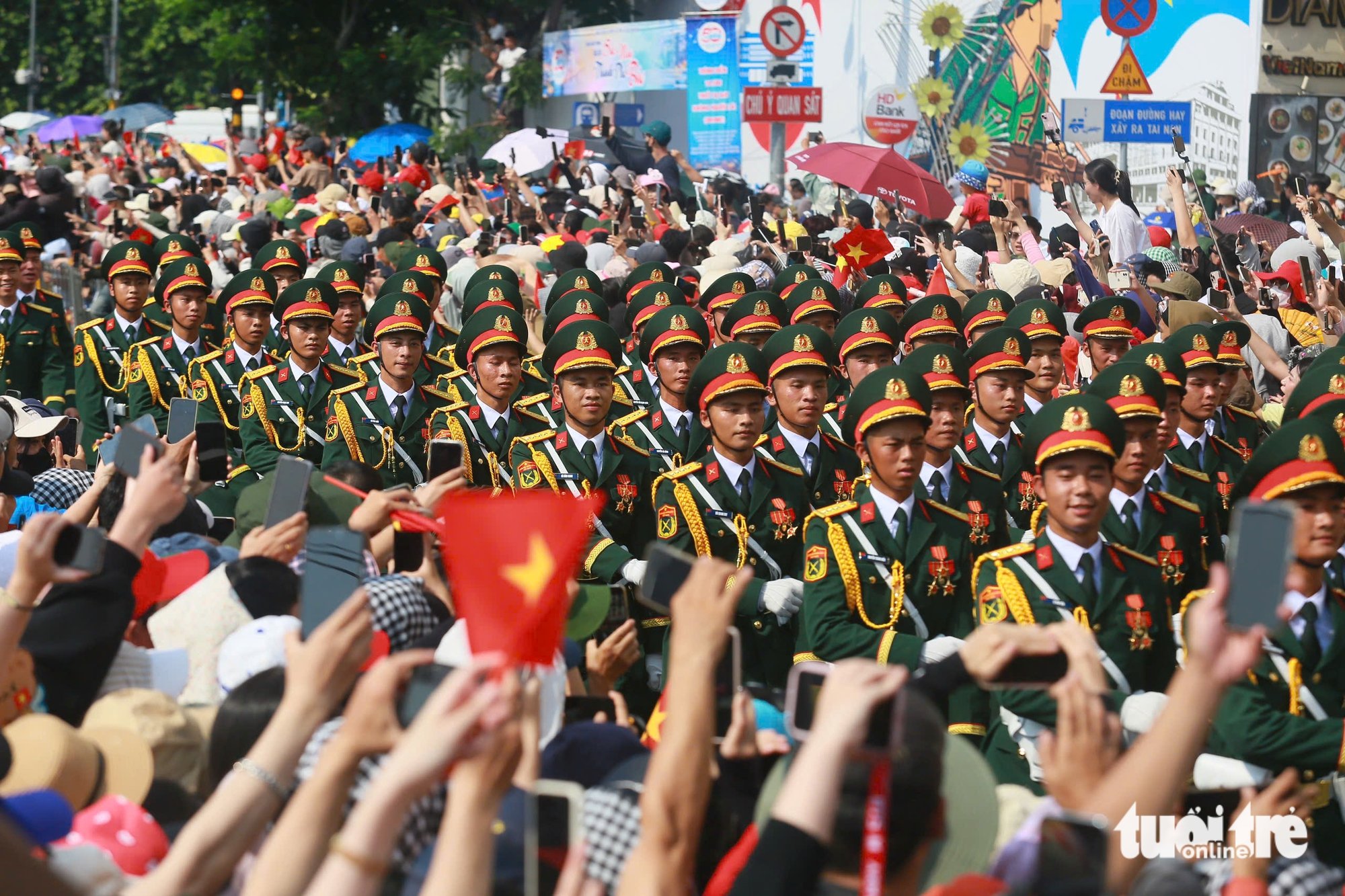
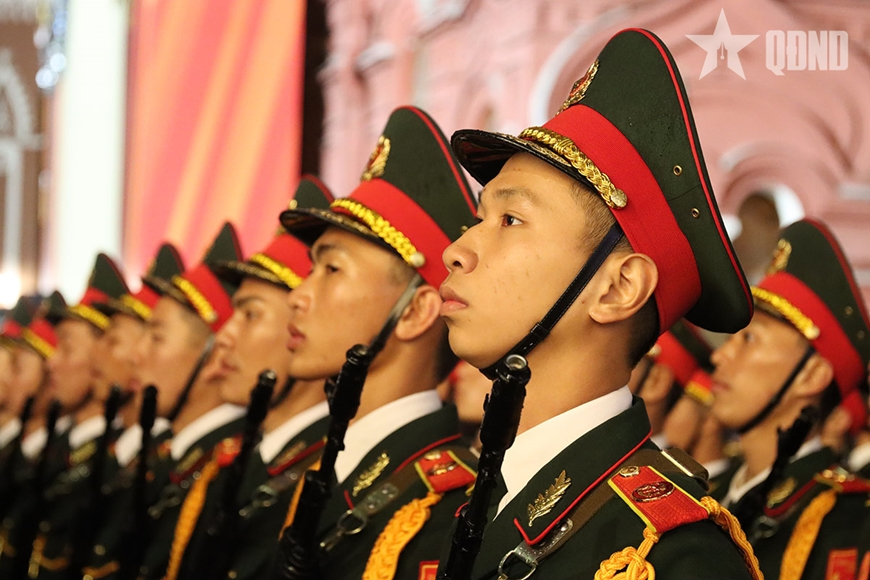
![[Photo] Cultural, sports and media bloc at the 50th Anniversary of Southern Liberation and National Reunification Day](https://vstatic.vietnam.vn/vietnam/resource/IMAGE/2025/4/30/8a22f876e8d24890be2ae3d88c9b201c)
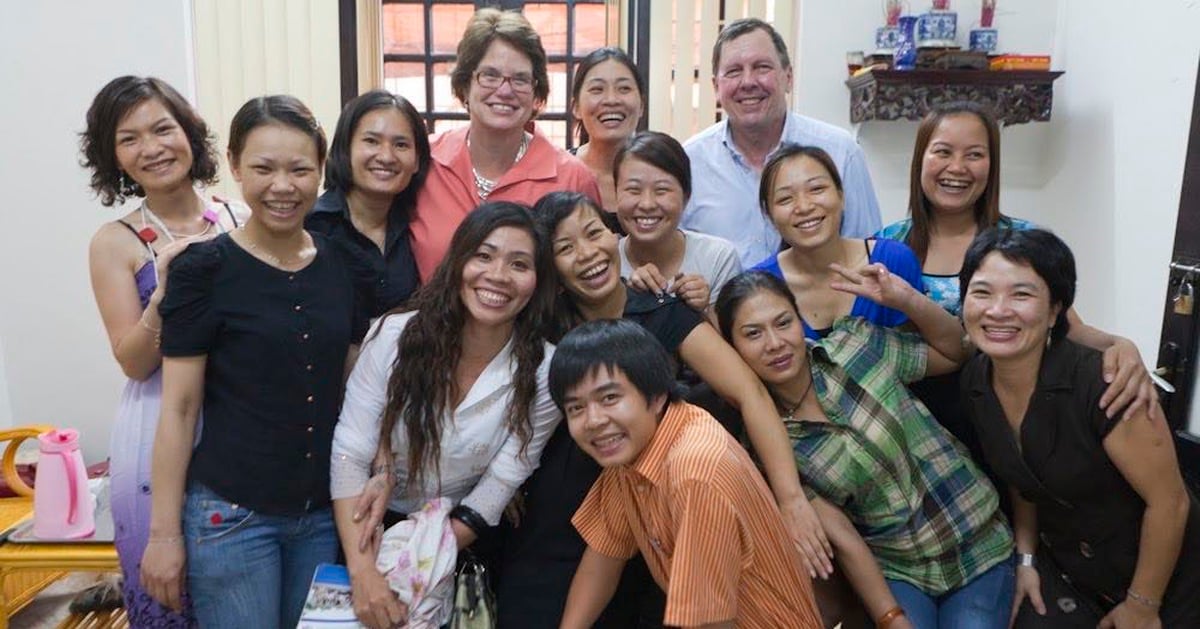
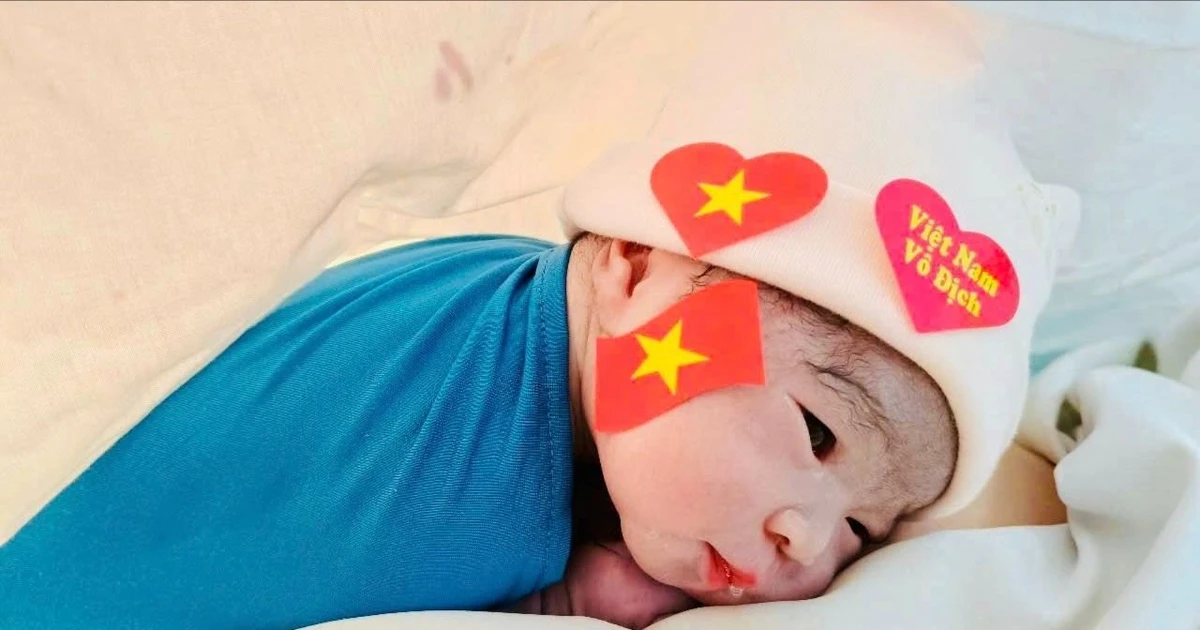
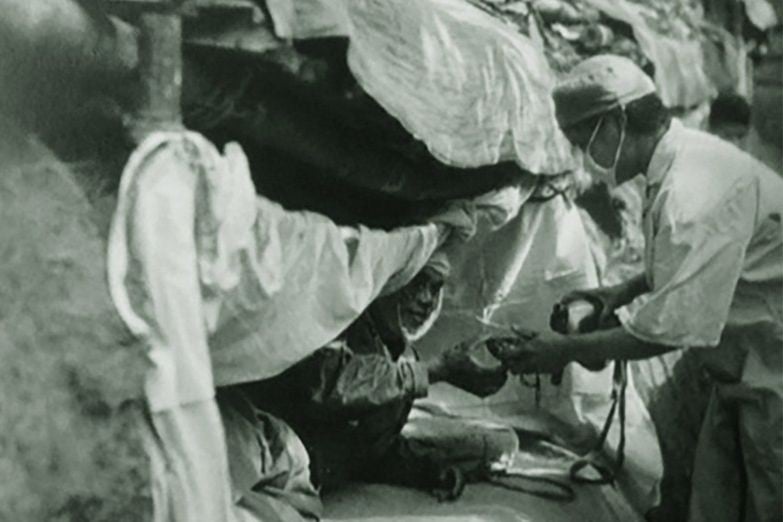
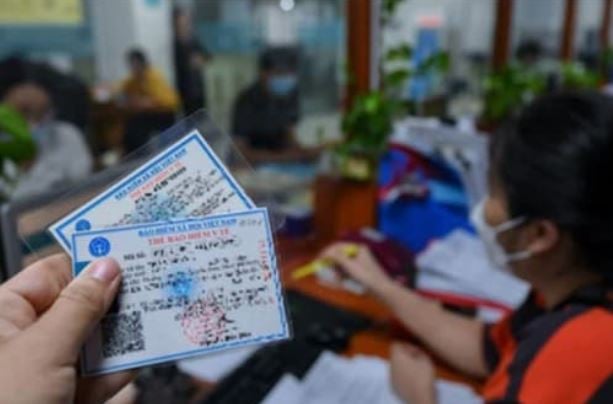
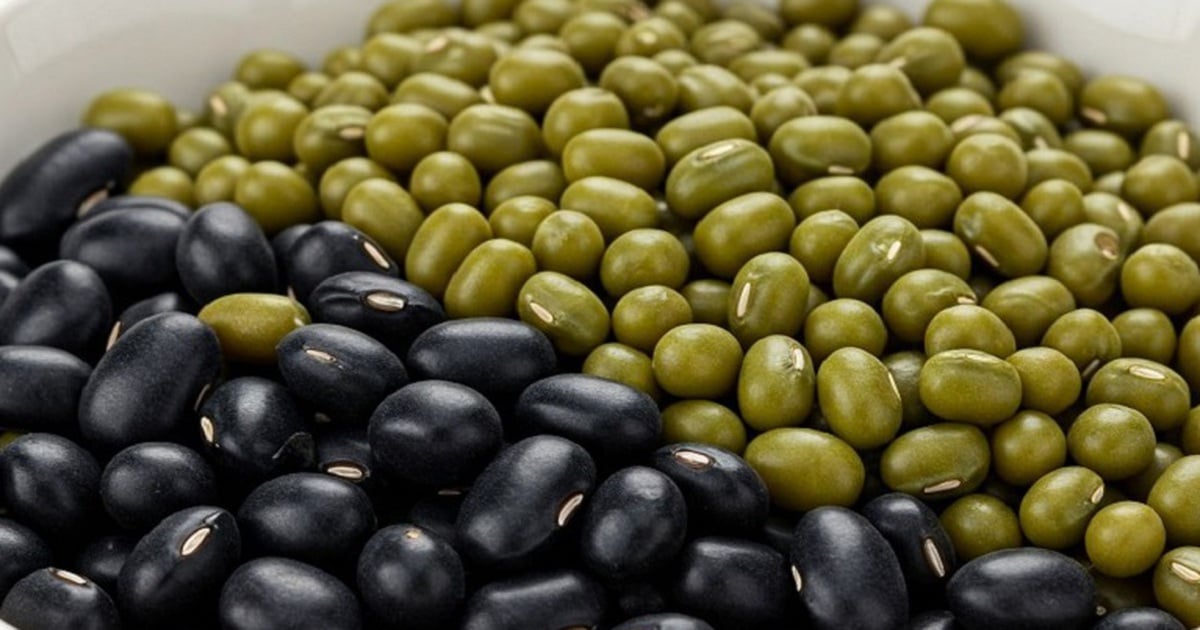





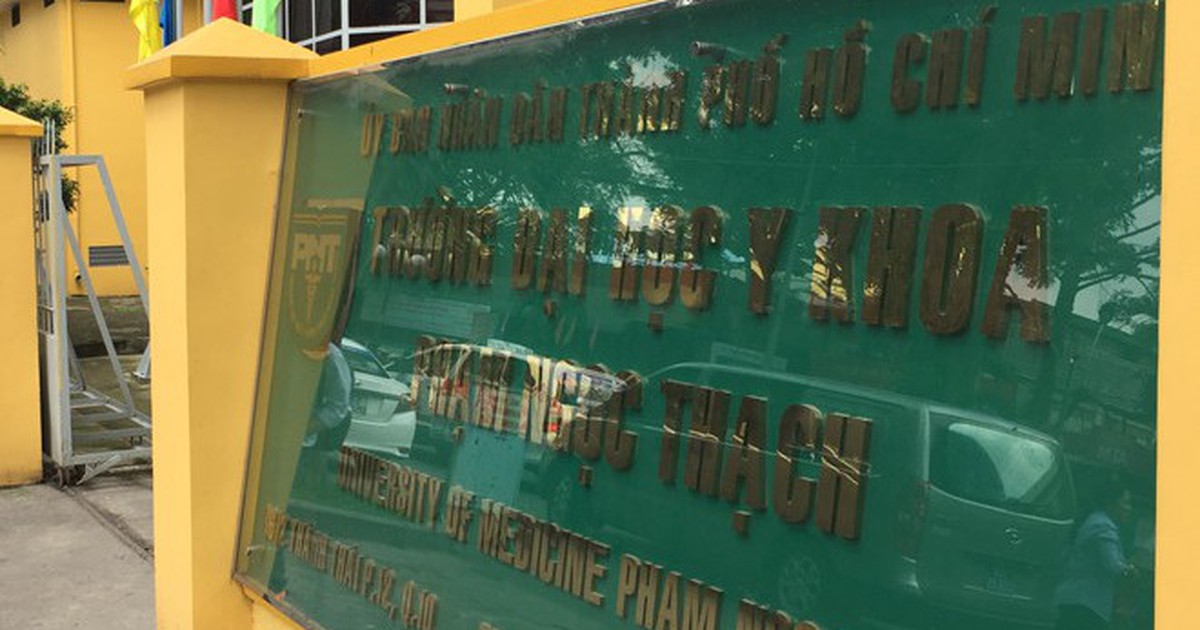
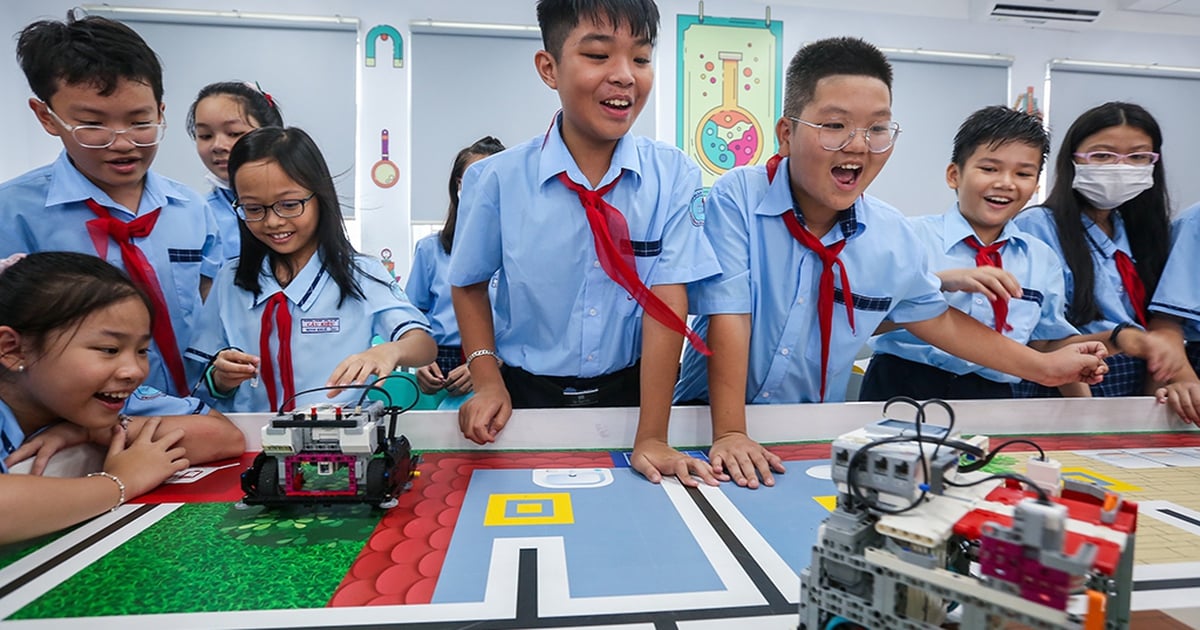
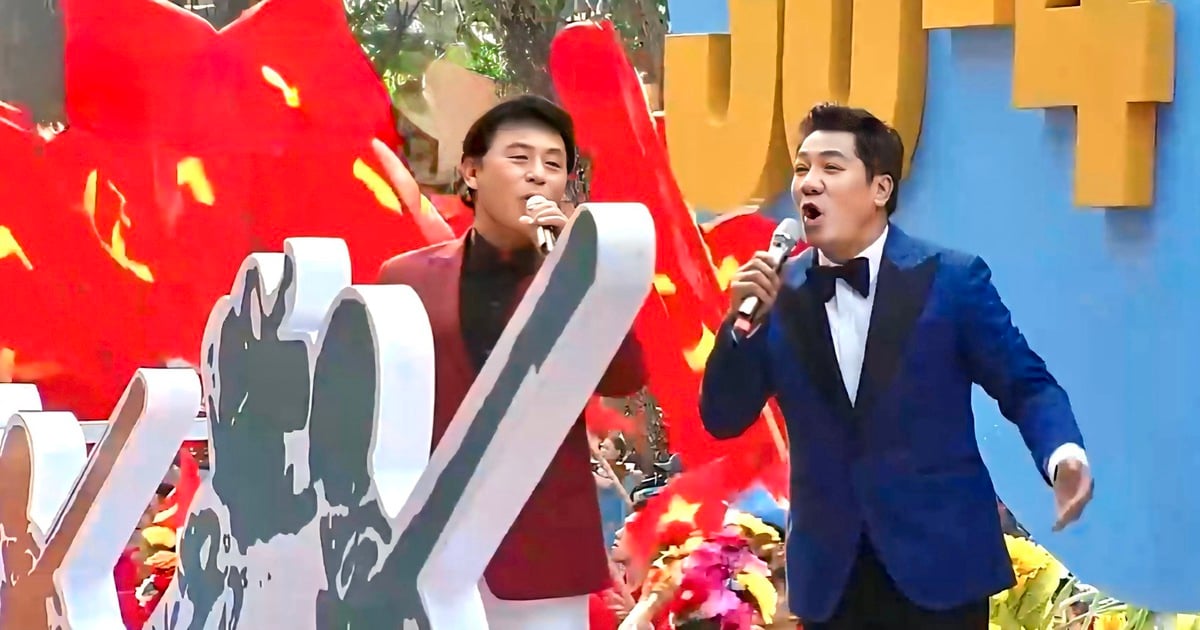
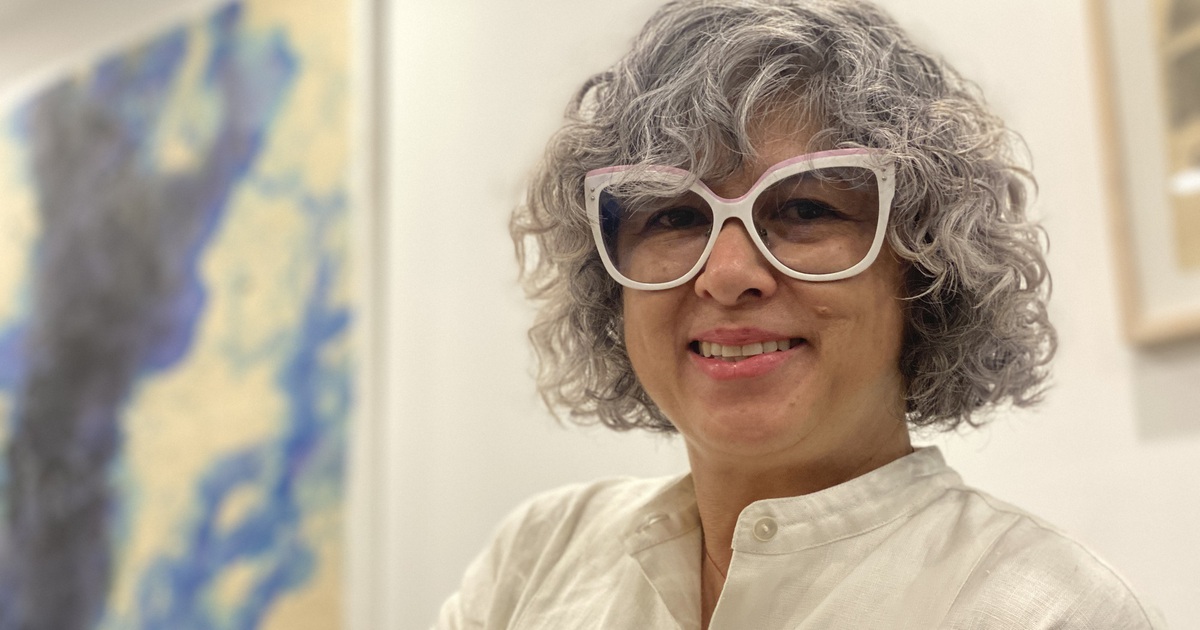
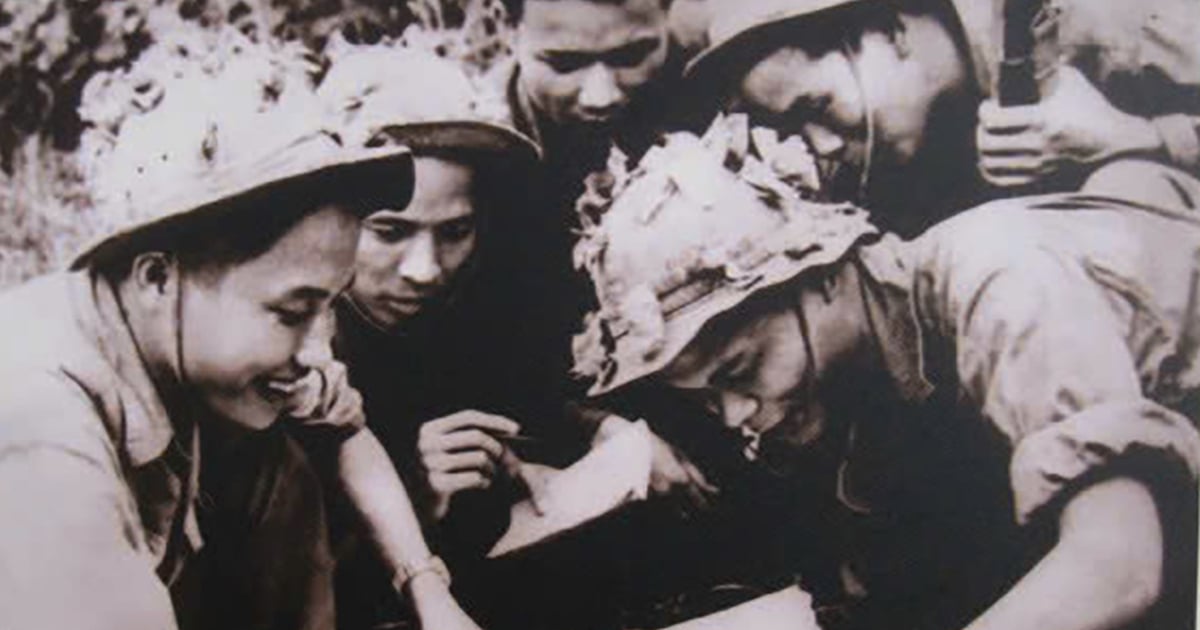
![[Photo] Chinese, Lao, and Cambodian troops participate in the parade to celebrate the 50th anniversary of the Liberation of the South and National Reunification Day](https://vstatic.vietnam.vn/vietnam/resource/IMAGE/2025/4/30/30d2204b414549cfb5dc784544a72dee)
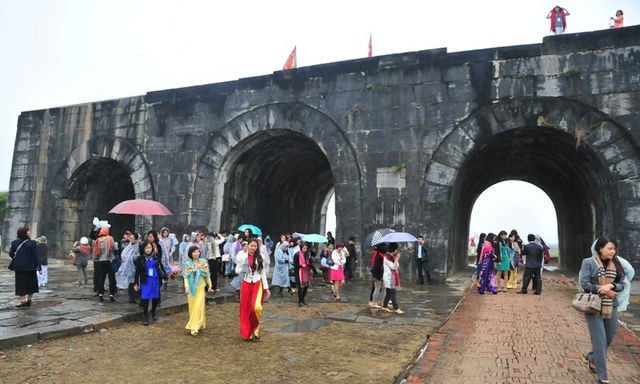










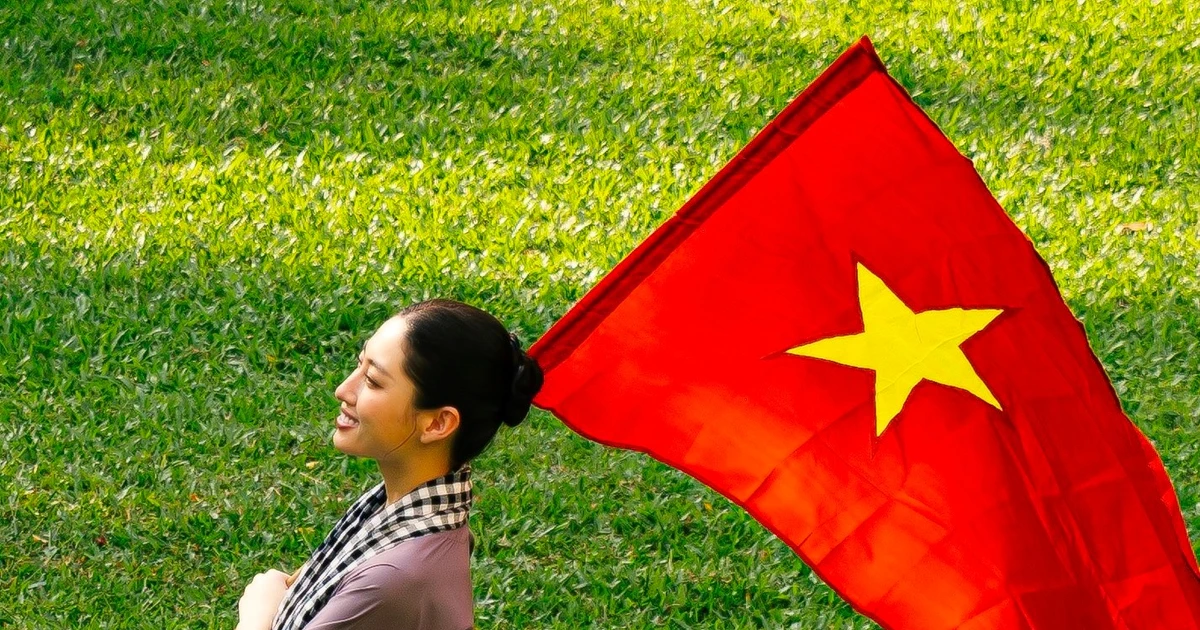



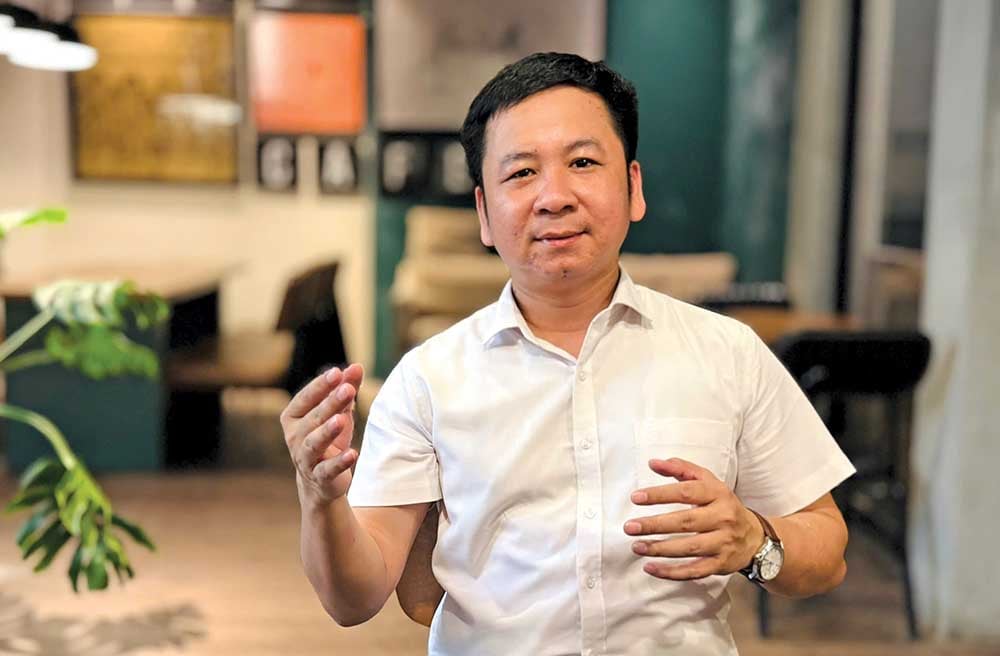

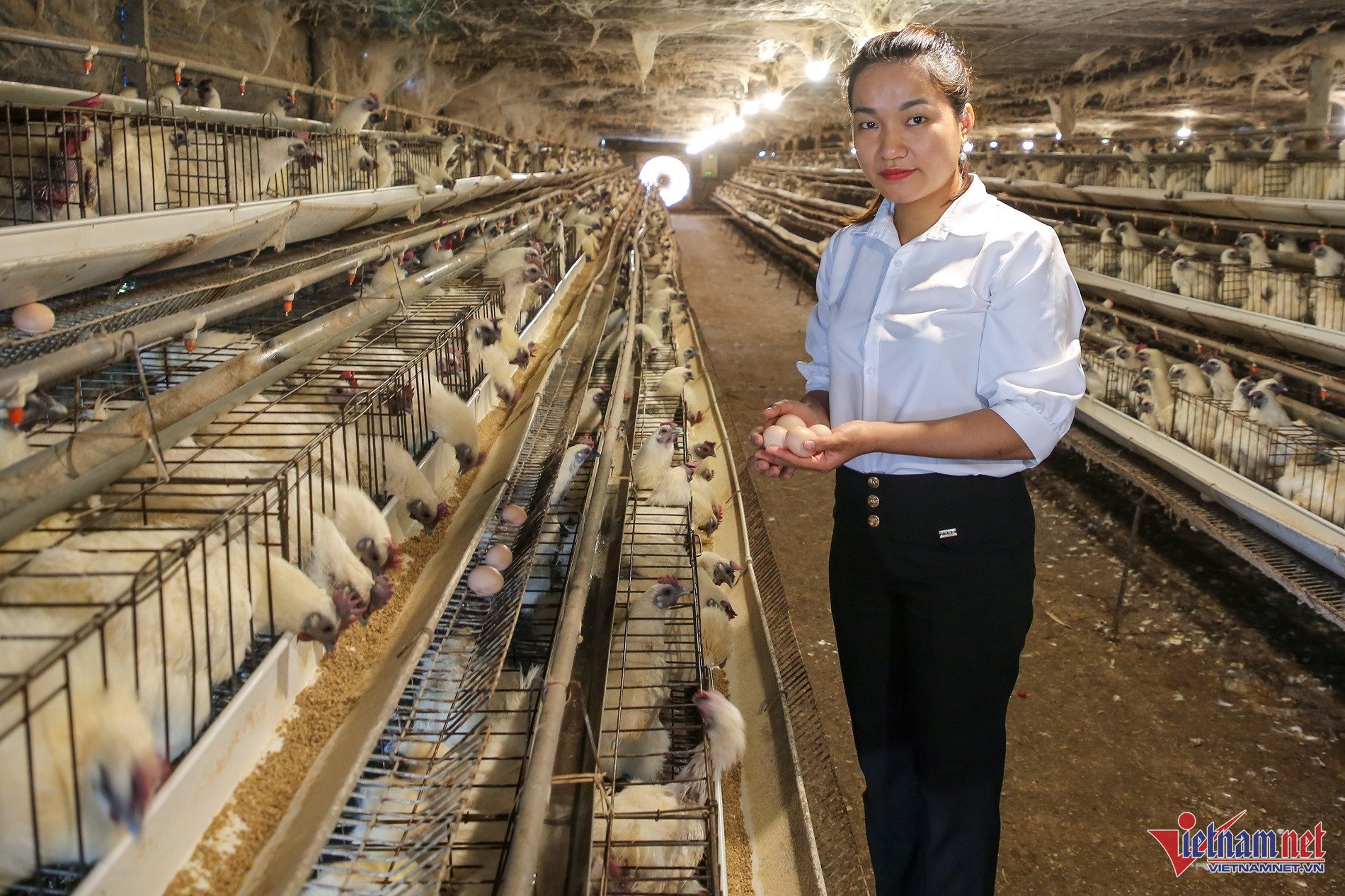


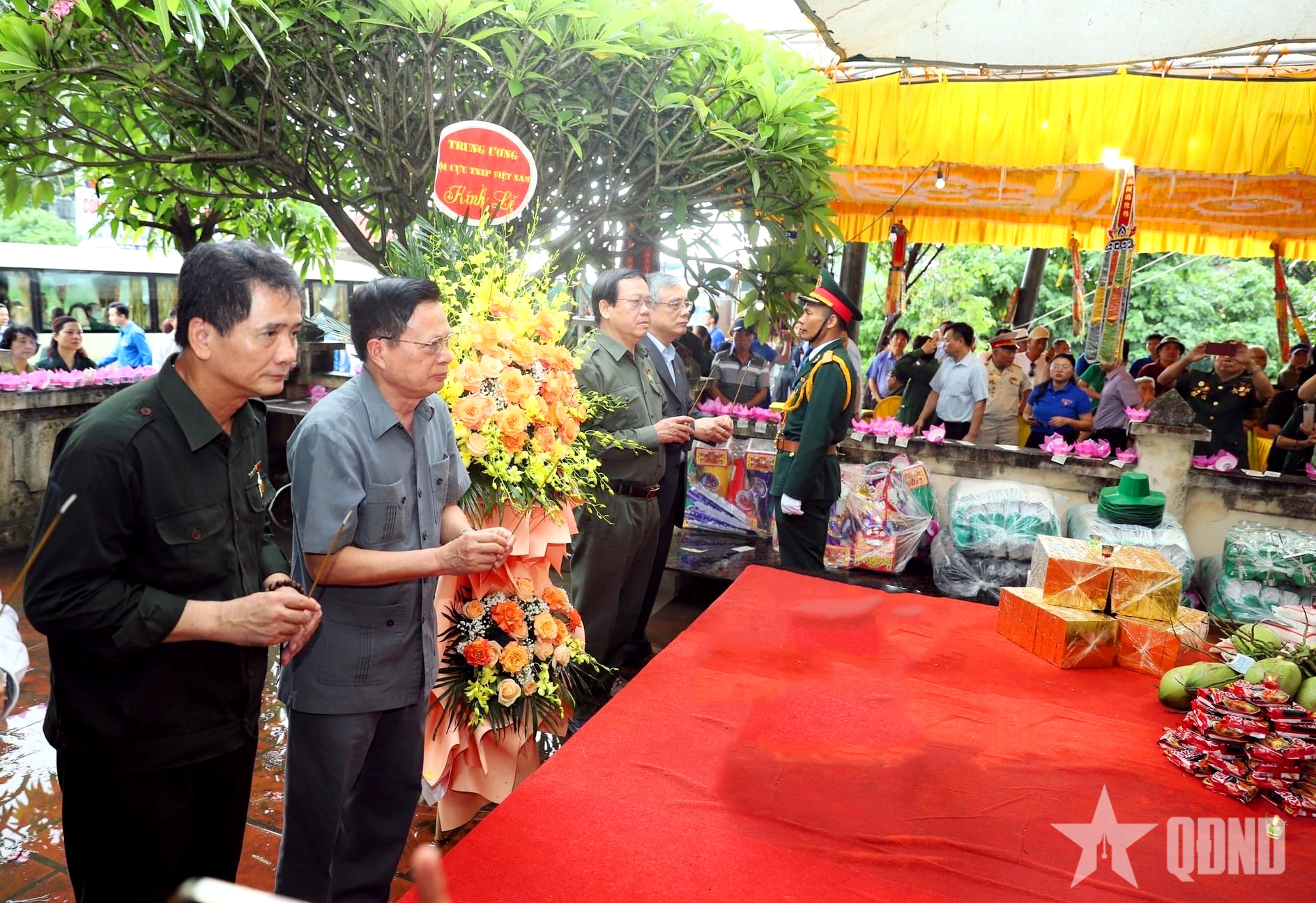











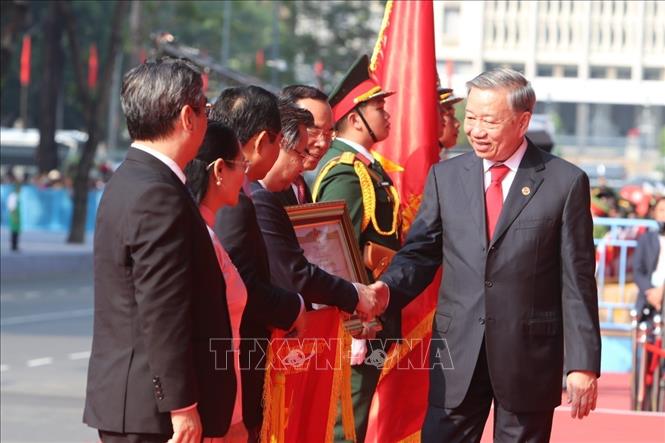












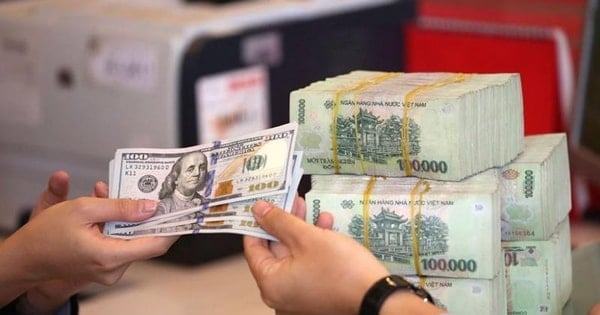

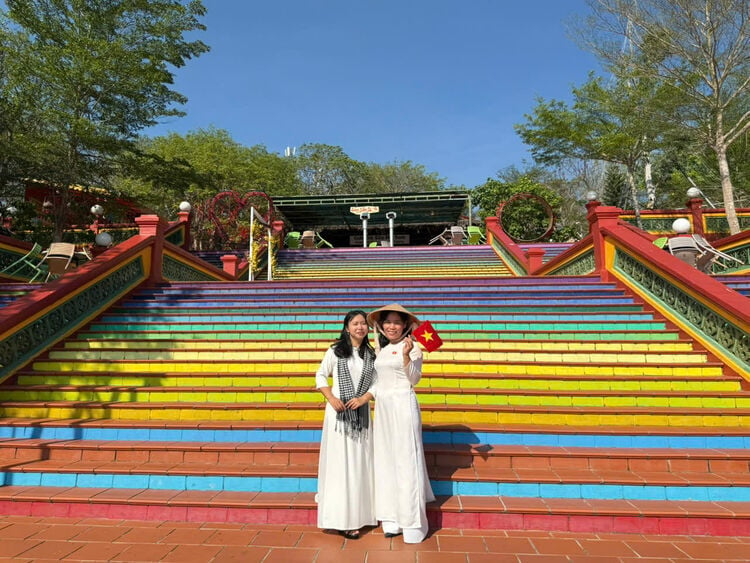

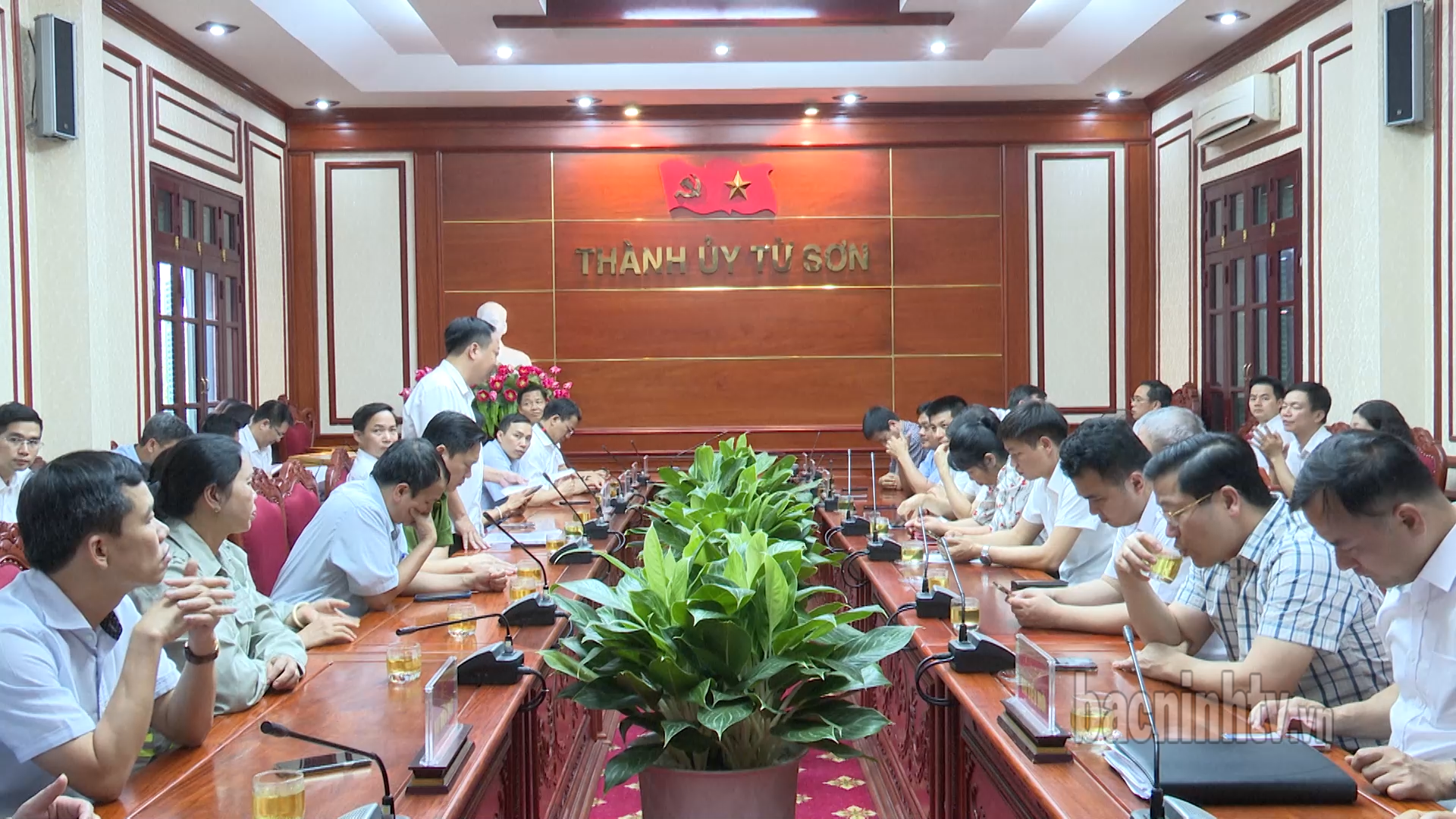

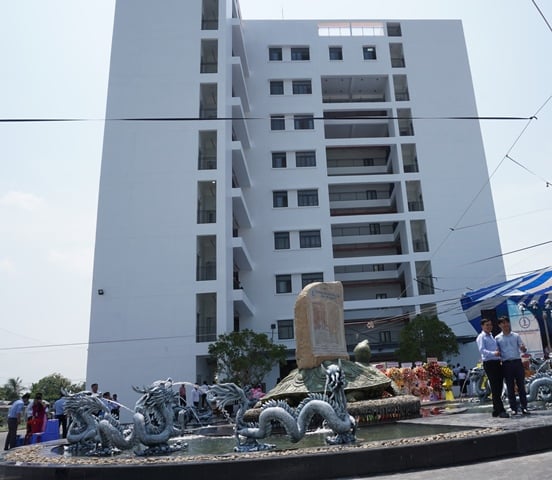
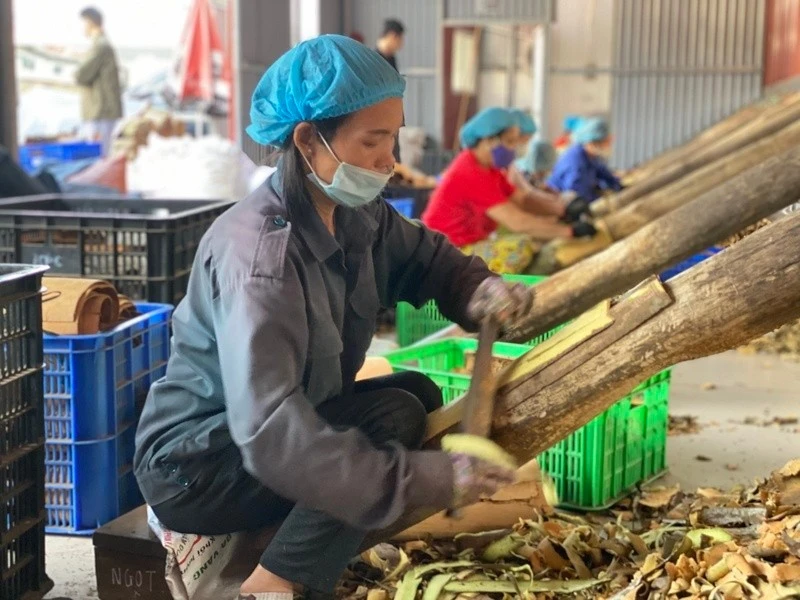

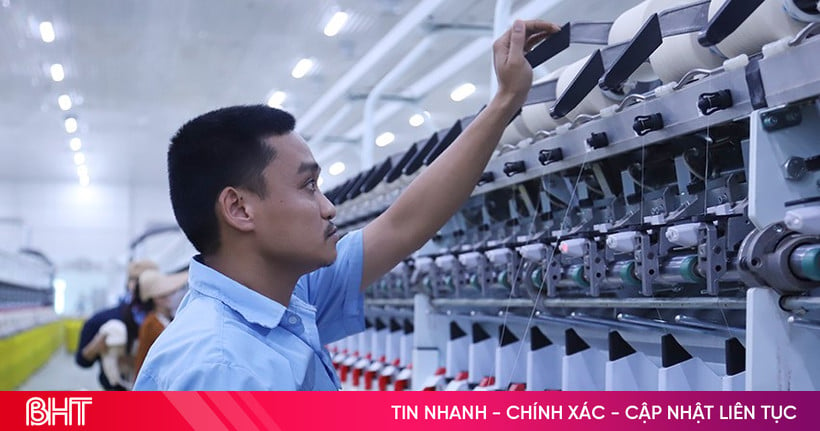







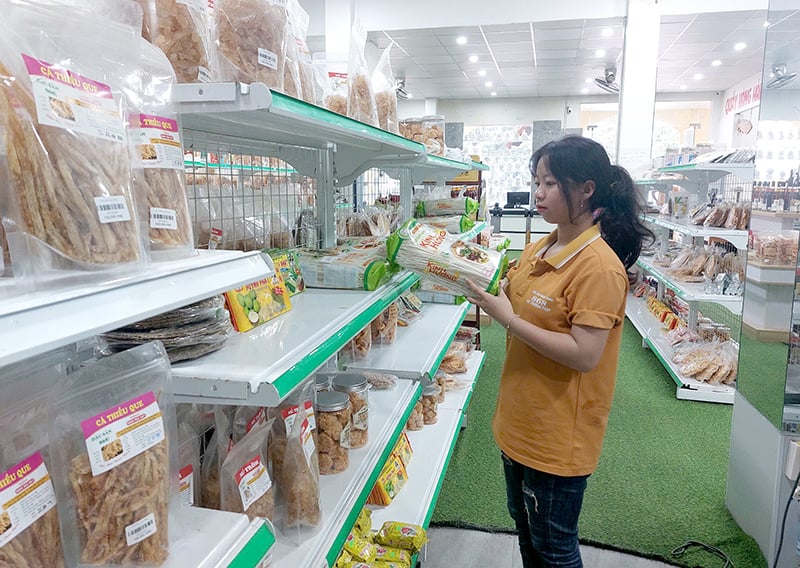

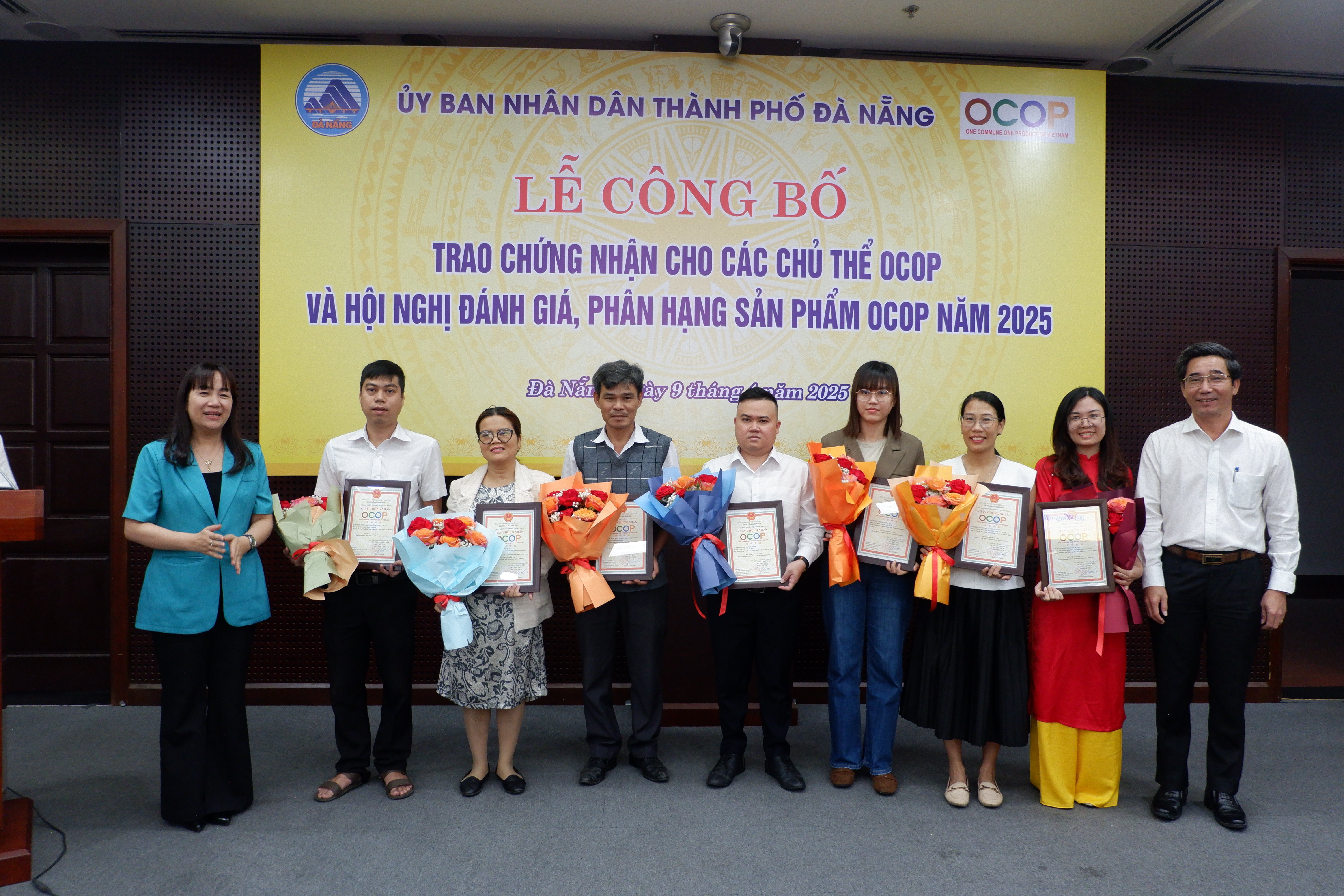

Comment (0)